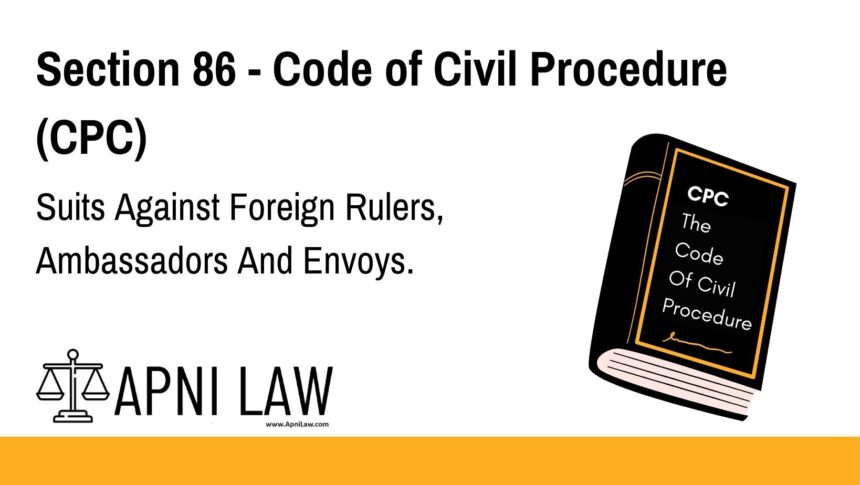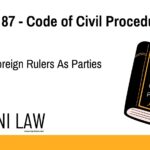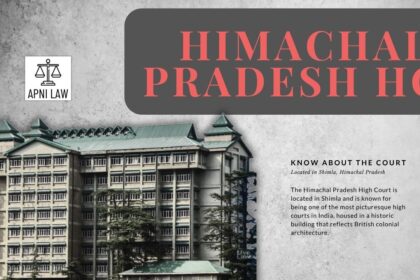Code
CPC (I) No.1*** foreign State may be
sued in any Court otherwise competent to try the suit except with the consent of the Central Government
certified in writing by a Secretary to that Government :Provided that a person may, as a tenant of immovable property, sue without such consent as aforesaid2[a foreign State] from whom he holds or claims to hold the property.(2) Such consent may be given with respect to a specified suit or to several specified suits or with
respect to all suits of any specified class or classes, and may specify, in the case of any suit or class of
suits, the Court in which3[the foreign State] may be sued, but it shall not be given, unless it appears to the
Central Government that3[the foreign State ](a) has instituted a suit in the Court against the person desiring to sue4[it], or(b) by5[itself] or another, trades within the local limits of the jurisdiction of the Court, or(c) is in possession of immovable property situate within those limits and is to be sued with
reference to such property or for money charged thereon, or(d) has expressly or impliedly waived the privilege accorded to4[it] by this section.6[(3) Except with the consent of the Central Government, certified in writing by a Secretary to that
Government, no decree shall be executed against the property of any foreign State.](4) The preceding provisions of this section shall apply in relation to7[(a) any ruler of a foreign State;]8[(aa)] any Ambassador or Envoy of a foreign State;(b) any High Commissioner of a Commonwealth country; and(c) any such member of the staff9[of the foreign State or the staff or retinue of the Ambassador]
or Envoy of a foreign State or of the High Commissioner of a Commonwealth country as the Central
Government may, by general or special order, specify in this behalf,10[as they apply in relation to a foreign State.]11[(5) The following persons shall not be arrested under this Code. namely:(a) any Ruler of a foreign State;(b) any Ambassador or Envoy of a foreign State;(c) any High Commissioner of a Commonwealth country ;(d) any such member of the staff of the foreign State or the staff or retinue of the Ruler,
Ambassador or Envoy of a foreign State or of the High Commissioner of a Commonwealth country, as
the Central Government may, by general or special order, specify in this behalf.(6) Where a request is made to the Central Government for the grant of any consent referred to in
subsection (1), the Central Government shall, before refusing to accede to the request in whole or in part,
give to the person making the request a reasonable opportunity of being heard.]








